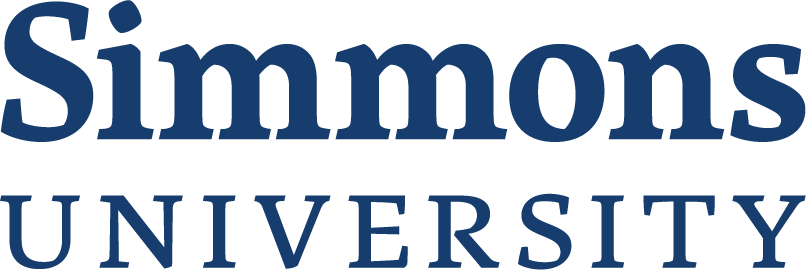Call for Chapters: Public Libraries as Social Innovation Hubs
Posted December 18, 2015
Public Libraries as Social Innovation Hubs: How Libraries Transform Communities
Edited by John Carlo Bertot and Ursula Gorham
Communities are increasingly facing a number of challenges in areas of economic development, poverty, education, health & wellness, sustainability, transportation, environment, broadband and technology infrastructure, digital readiness, and civic engagement, to name some. Efforts to raise awareness about these challenges at the international level include the United Nations’ recently released Sustainable Development Agenda, articulating 17 goals to shape global action “for people, planet, and prosperity,” the World Summit on the Information Society (WSIS) 11Action Lines, and the International Federation of Library Association’s (IFLA) Lyon Declaration on Access to Information and Development.
As part of the Advances in Librarianship series, this book seeks chapters at the intersection of innovation, community challenges, sustainable development, and public libraries. Topics can include, but are not limited to how public libraries:
- Can serve as critical community access points to individual and community transformation in key challenge areas such as health & wellness, economic development, poverty, environment, civic engagement, education, and other areas.
- Create, combine, and deliver innovative services and resources (e.g., food access and nutrition programs in undernourished communities and communities that lack access to health foods, design and prototyping labs, citizen science enablers, open data and analytics centers).
- Foster community innovation through promoting and facilitating entrepreneurship, small business development, and economic development.
- Engage in strategic partnerships across sectors and serve as a unifying community platform for social innovation.
- Promote inclusion, equity, and justice through access to information, learning, information and communications technologies (ICTs), and opportunity particularly to underserved or unserved populations.
The book welcomes chapters that include case studies, empirical studies, and best practices from around the world. Please direct questions and submissions to: [email protected].
Important Dates:
- March 1, 2016: Submission of 1,000 word chapter proposal
- April 1, 2016: Notification of chapter acceptance to authors
- September 1, 2016: Draft chapter due
- November 1, 2016: Final chapters due
- Summer 2017: Estimated publication date
About the Editors
John Carlo Bertot is Professor and co-director of the Information Policy & Access Center (iPAC) in the University of Maryland College Park iSchool.
Ursula Gorham, Ph.D., J.D., is a Lecturer in the College of Information Studies at the University of Maryland.
